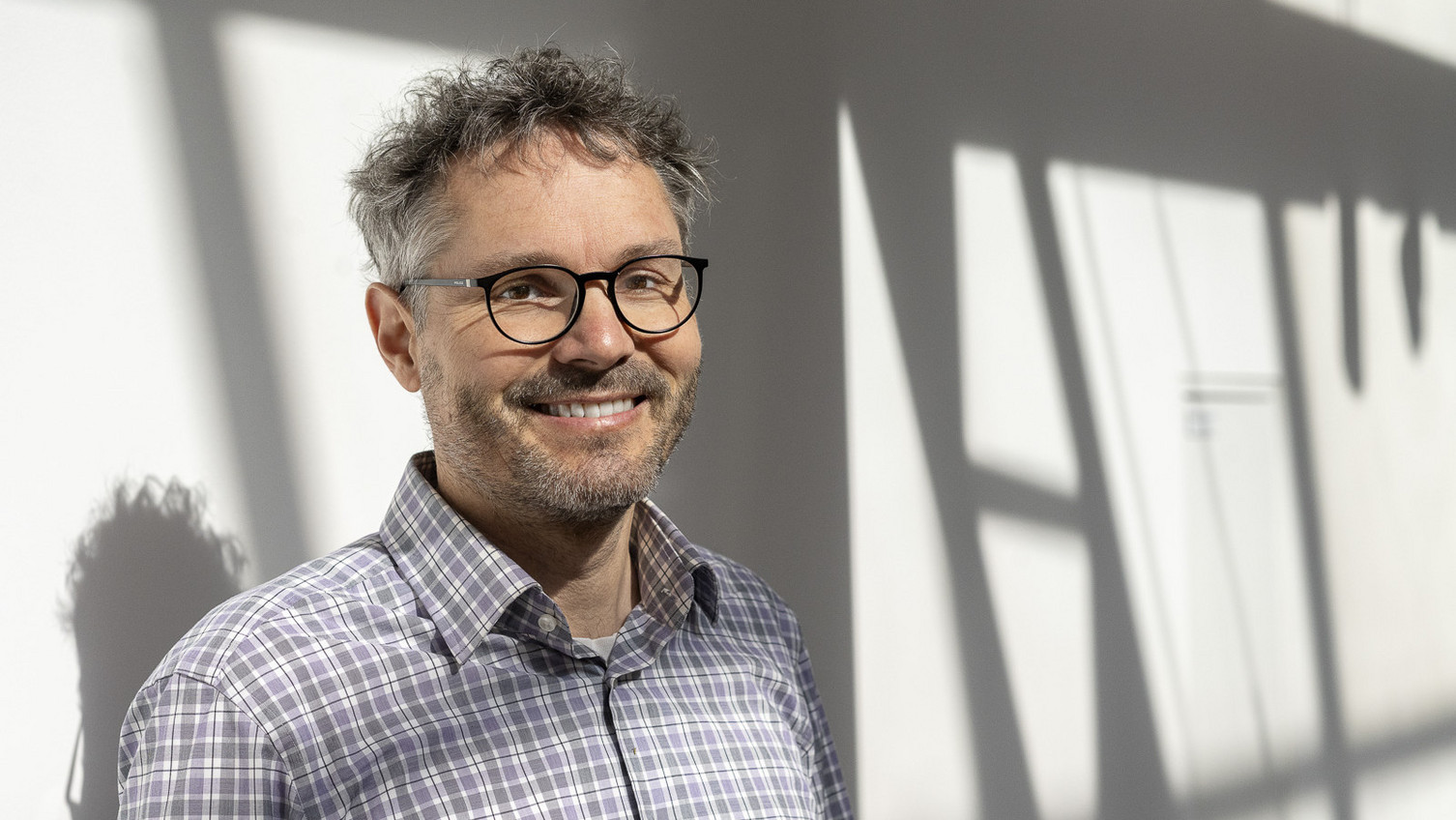Faculty Fellow 2025/26
Tobias Lenz works on international organizations and specializes in the comparative study of regional integration processes, including the European Union. In his ongoing research, he analyzes the institutional design of regional organizations, processes of self-legitimation in regional organizations, and new forms of representation in international organizations. Tobias has held fellowships and visiting positions at the European University Institute, the Free University of Amsterdam, the University of North Carolina at Chapel Hill, the University of Colorado at Boulder, and the Free University of Berlin. Along the question of how specific cultural and political experiences shape the international interactions of different actors, he focuses in particular on organisations in the Global South, including Latin America, Africa and Southeast Asia. Besides, he is working on a book that provides a critique of the EU as a ‘model’ for transnational governance.
Abstract
New Forms of Representation in International Organizations
One of the most fundamental changes in countries around the world is the rise of ‘new’ voices that seek public representation: from minority and marginalized groups via the culturally deprived towards future generations, animals and uninhabited nature. Numerous literatures in political theory, comparative politics, law, organizational science, communication and cultural studies and beyond have sought to come to grips with this development, but its international dimension is widely neglected. This project analyses these ‘new’ forms of representation in the most institutionalized setting of international politics, international governmental organizations (IGOs). How is representation in IGOs changing and why? Which new groups are being represented and how? The project seeks to answer these questions through conceptual analysis and an exploratory comparative case study of discursive and institutional forms of representation in the Andean Community (CAN) in Latin America and the Economic Community of West African States (ECOWAS). Conceptually, the project seeks to challenge established principal-agent frameworks of IO representation and move our understanding of IOs away from established foci on functional problem solving, autonomous agency and international authority. Empirically, the project aims to trace how new forms of representation emerged and what the conditions for their emergence were.
Education
2012 D.Phil International Relations, St. Antony’s College, Oxford University, United Kingdom
2007 MA European Politics and Society, St. Antony’s College, Oxford University, United Kingdom
2004 BA European Studies, University of Osnabrück, Germany
Most Recent Academic Position
Professor of International Relations, Institute of Political Science (IPW), Leuphana University Lüneburg
Most Recent Publications
with F. Söderbaum. “Comparative Regionalism beyond Europe versus the rest”. In: Review of International Studies. Published online 2025: 1-17.
with H. Schmidtke. “Expanding or defending legitimacy? Why international organizations intensify self-legitimation”. In: Review of International Organizations. 19, no. 4 (2024): 753-784.
with M. Reiss. “Globalising the Study of Diffusion: Multiple Sources and the East African Community”. In: Journal of European Public Policy. 31, no. 11 (2024): 3703-3731.


